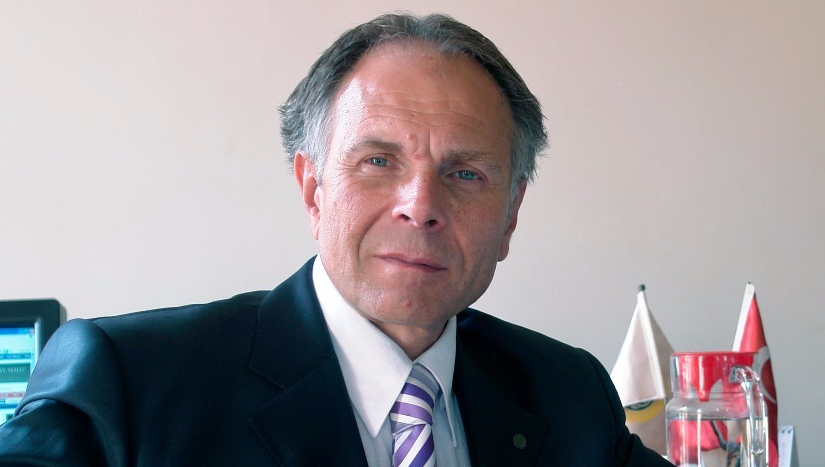Postmodern Logic
The concept of “truth” evolved from Plato’s Idea or Aristotle’s Substance through the concept of “truth” of the Middle Ages and the concept of “essence” of the Modern Age to the concept of “postmodern truth” in the 21st century. This new conception of “truth” deformed its previous philosophical interpretations, since there is no “unique truth” anymore: “truth” depends on personal preferences and social choices.
The laws of logic had disappeared long ago, nothing left behind in terms of the traditional concept of “logic,” “sound,” and “reliable” logical thought. The new logical systems now reflect the “postmodern” character, too! Today’s concept of logic, requiring new definitions for the question of what logic is, makes it clear that we have now totally lost the traditional concept of “logic.”1
As it is well-known as a formal system, logic is undoubtedly independent of our daily language and intentions. On the other hand, social conditions and individual preferences that may characterize a particular way of thinking require some inference rules. We need inference rules for the ways of thinking as well as for the logical systems. Depending on economic, technological, scientific, cultural, historical, or theological conditions, every epoch reflects a particular way of thinking that is expressible through different logical systems. “Postmodern logic” characterizes not only different studies of logic but also our way of thinking and the paradigm of our century.
Paraconsistency, for instance, is a sound logical system making it possible for us to think in line with some controversial judgments found in theology and daily life.3 It looks like we will not be able to use the traditional definition of logic anymore. The most effective traditional problems like “believing or reasoning,” for instance, will not be meaningful anymore since the concepts of “reason” and “belief” lose their meanings together with “logic.” I believe that “solipsist logic”4 can provide us with new opportunities for elaborating on some old problems.
Prof. Dr. Şafak Ural4
14 January 2021
1 Cf. Jacquette, D. (Ed.) (2007) Philosophy of Logic, NH, Elsevier
2 Cf. Béziau, J.Y., Carnielli, W., Gabbay, D. (Eds) (2007) Handbook of Paraconsistency, Studies in Logic Vol. 9, College Pub.
3 Ural, S. (2019) Solipsism, Vernon Press
4 İstinye University, İstanbul, Turkey
Biography of Prof. Dr. Şafak Ural
Şafak Ural was borned in Ankara in 1948. He graduated with a degree in Philosophy from Ankara University in 1971. After completing his studies, he continued his academic career at Istanbul University where he worked in the Department of Systematic Philosophy. In 1978 he received his doctorate for his thesis, “An Essay on the Determination of the Simplicity Principle in Positive Science”. Since finishing his doctoral thesis, Ural has worked as a visiting professor in Austria (Vienna and Innsbruck), the USA (Rutgers), Hungary (Budapest) and various universities in Istanbul. Attending many international conferences in the USA, Brazil, India and Singapore has allowed Ural to further develop his thesis on solipsism. He is the founder of the Department of Logics at Istanbul University and the Turkish Logic Society. He is also responsible for organizing several international conferences at Istanbul University.
